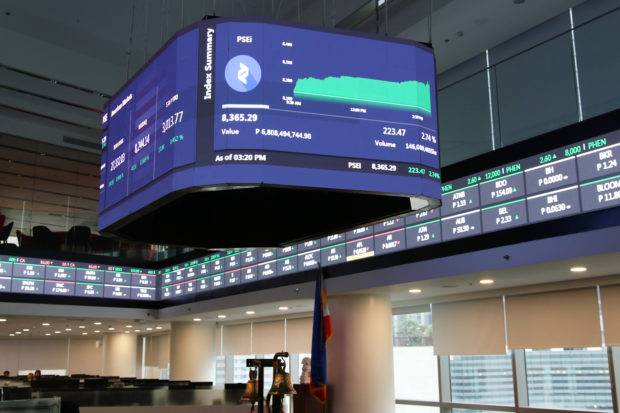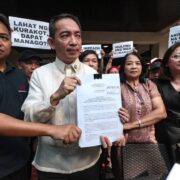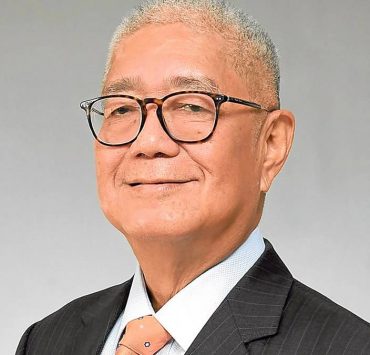Biz Buzz: Results are in: PSEi unchanged; Is Tesda bad for rice farmers?

It’s that time of the year again, and during ghost month, too.
The Philippine Stock Exchange Inc. (PSE) just released its regular index review covering the July 2023 to June 2024 period.
Good news: PSE Index (PSEi) members will stay put, as all 30 of the largest listed firms came on top in terms of market capitalization, liquidity, and free float level.
“The index review ensures that market barometers feature the most qualified stocks based on the set criteria,” PSE president and CEO Ramon Monzon said in a statement.
Holding firms and PSE Dividend Yield indices will likewise remain unchanged.
Now on to the other indices, which will be quite lengthy:
Cebu Air Inc. and Shell Pilipinas Corp. will be out of the 20-member PSE MidCap Index, which, as the name suggests, includes mid-sized listed companies.
They will be replaced by DoubleDragon Corp. and DigiPlus Interactive Corp.
Alternergy Holdings Corp., Roxas and Co. Inc., and RFM Corp. will be the newest Industrial index members. Pampanga-based renewable energy firm Raslag Corp. will be removed.
Meanwhile at the Property Index, VistaREIT Inc. will be the sole addition versus the exclusion of DM Wenceslao and Associates Inc. and Ever-Gotesco Resources and Holdings Inc.
Pacific Online Systems Corp., DigiPlus and STI Education Systems Holdings Inc. will be the newest Services index members, while Chelsea Logistics and Infrastructure Holdings Corp. and Horizon Alliance Corp. will bid adieu.
The PSE said Asia Unites Bank Corp. and the A and B shares of Benguet Corp. would be part of the Financials and Mining ans Oil indices, respectively.
The new composition will be effective on Monday, Aug. 12.
“To qualify for sector indices inclusion, a listed firm must be among the top companies in terms of liquidity and it should also have a free float level of at least 20 percent of its outstanding shares,” the PSE said. —MEG J. ADONIS
Is Tesda bad for rice farmers?
Fixing job-skills mismatch is one of the mandates of the Technical Education and Skills Development Authority, but could the agency be a bad match for rice farmers?
The Federation of Free Farmers (FFF) urged Congress to launch a “thorough performance review” of rice farmers’ training programs, which have been supported with P1 billion yearly since the Rice Tariffication Law took effect five years ago.
The bulk, or P700 million of the training fund, is forwarded to Tesda, an attached agency of the Department of Labor and Employment. According to the farmers’ group, TESDA is tasked to distribute scholarship vouchers to trainees in farmer field schools and learning sites.
But for FFF national manager Raul Montemayor, more funds should be allocated to farm schools of the Department of Agriculture (DA) instead, especially now that some training centers have a hard time recruiting farmer-enrollees.
“The funds should be used to upgrade the training and extension programs of DA agencies, in line with the DA’s overall strategy and thrusts to improve farmers’ productivity and competitiveness,” he said.
“While TESDA can help, it has neither the capability nor mandate to provide this service,” added Montemayor. —LISBET K. ESMAEL

















